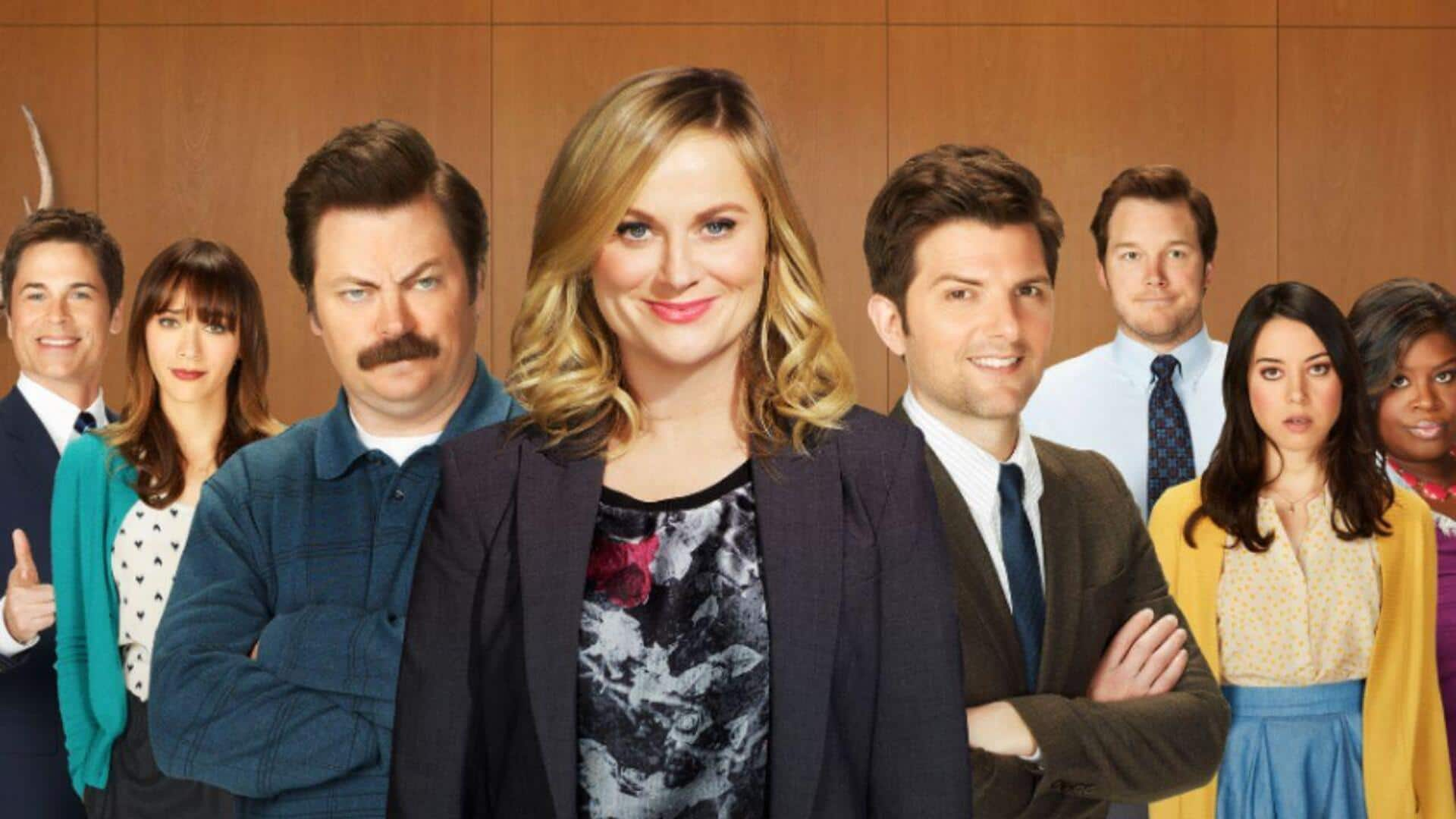
What 'Parks and Recreation' gets wrong about bureaucracy
What's the story
Parks and Recreation is a much-loved sitcom that takes a humorous look at local government. While the show is entertaining, it often simplifies the complexities of public service. This article delves into some of the ways the show misrepresents local government work, giving you a glimpse of the real challenges and dynamics that public servants face.
#1
Over-simplified bureaucracy
The show often portrays bureaucracy as a series of simple, easily navigable processes. In reality, local government work involves navigating complex regulations and procedures that can be time-consuming and frustrating. Decisions often require multiple levels of approval and coordination between departments, something that is rarely shown in the show's narrative.
#2
Unrealistic portrayal of resources
In Parks and Recreation, departments always seem to have enough resources, be it funding or staff, to pull off their projects. However, in real life, local governments often deal with budget constraints and limited manpower. This scarcity makes it difficult to meet community needs and can lead to creative problem-solving or compromises that aren't highlighted in the series.
#3
Simplified community engagement
The series presents community engagement as a straightforward affair, where public meetings are well-attended, and feedback is immediate. In reality, engaging with the community is a complex task that requires consistent effort over time. Public servants often have to deal with apathy or opposition from residents who may not see the value of certain initiatives.
#4
Focus on individual characters over teamwork
While Parks and Recreation focuses on individual characters' quirks and ambitions, real-life local government work relies heavily on teamwork and collaboration across departments. Projects often require input from various stakeholders, including other government agencies, non-profits, and community members. This collaborative effort is rarely depicted in the show, which tends to focus on personal stories over collective achievements.
#5
Limited representation of diverse roles
The show mainly focuses on one aspect of local government, and leaves out other critical roles like public safety, urban planning, or economic development. Each of these areas comes with its own challenges that are just as important as those shown in the series, but are rarely addressed in its narrative scope.